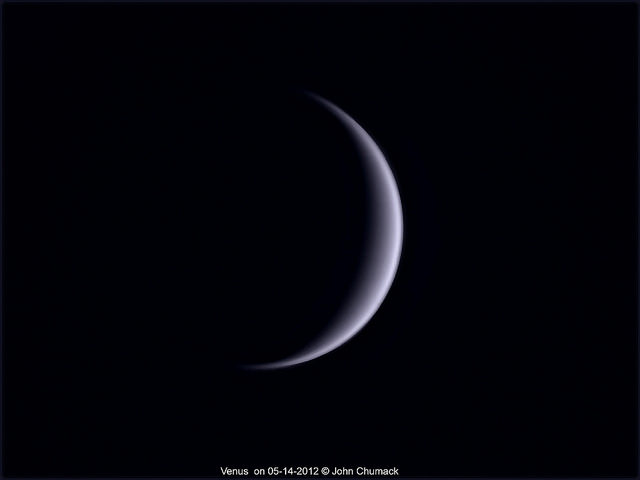Flyby #9
Vida em Vénus? A ideia não é nova. É apenas menos discutida do que a vida em Marte, por exemplo.
Um artigo acabadinho de publicar na Nature Astronomy (que pode ser lido gratuitamente aqui) revela que foi detectada na atmosfera venusiana uma espécie química (PH3, hidreto de fósforo ou fosfina) de origem desconhecida mas difícil de explicar. Segundo alguns meios de comunicação, é um indício de vida extraterrestre, especificamente venusiana. Segundo os autores do artigo, não se trata de uma evidência de vida, e sim da de uma química desconhecida. Espera-se a publicação de outro artigo paralelo que se debruça mais de perto sobre esta questão.

O artigo detalha a detecção por espectrofotometria a partir da Terra (em 2017), a confirmação com outro instrumento, e a exaustiva eliminação de outras possíveis espécies químicas que pudessem dar origem ao sinal detectado. Discute depois o que se sabe e especula sobre as condições ambientais venusianas – que não parecem propícias à formação e sobrevivência da fosfina. Portanto, assumindo que não há nada de errado com a detecção, a verdade é que não sabemos de onde vem esta fosfina. Poderá ter origem no metabolismo de algum micro-organismo? Talvez – mas a questão de fundo continua a mesma: não sabemos ao certo como isso seria possível; muito provavelmente exigiria um investimento energético, que só se justificaria se permitisse alguns benefícios sobre os quais só podemos especular. É certo que na Terra a fosfina está ligada a uma origem biológica, e que a molécula já foi há muito apontada como possível marcadora de vida em exoplanetas. Mas também é certo que nunca sabemos tudo, e que nada impede que se descubra um caminho químico ainda desconhecido que vá desembocar à fosfina. A discussão está apenas a começar.
A sugestão é clara: para sabermos ao certo, temos que ir lá ver (que é como quem diz: amostrar, analisar, comprovar). Vénus merece uma missão assim. Mesmo que este artigo não sugira realmente que há vida em Vénus.
Life on Venus? Not a new idea. It’s just that it’s not as fancy as life on, for instance, Mars.
A paper just out in Nature Astronomy (that can be read for free here) reveals that a peculiar chemical species was detected in the Venusian atmosphere (PH3, phosphine); its origin is unknown, but its presence is not easy to account for. According to some media, a clear indication of extraterrestrial, specifically venusian, life. For the authors of the paper, not so: the indication of an unknown chemistry. We await the publication of a parallel paper that will take a deeper look into that issue.

The present paper details the spectrophotometric detection (in 2017, and with telescopes on Earth), the confirmation using another instrument, and the comprehensive elimination of other compounds that could produce the signal that was detected. Then it debates what is known and what is guessed about the venusian environmental conditions – that don’t look like they would favour phosphine formation and survival. So, assuming that there is nothing wrong with the detection, the truth is we don’t know where this phosphine came from. Can it result from the metabolism of some microscopic critter? Maybe – but the real question remains the same: we’re not sure how that could happen; it would probably demand an investment in energy that would only be justified if t would lead to any kind of advantage, the nature of which we can only speculate about. It’s true that, on Earth, phosphine is biogenic, and that the molecule has been long suggested as an indicator of life on exoplanets. However, we surely do not know everything, and there is nothing preventing the discovery of an as yet unknown chemical path that can lead to phosphine. The discussion is only beginning.
The suggestion, however, is clear: to know for sure, we must go there and find out (which means, of course, sample, analyse, conclude). Venus deserves such a mission. Even if this paper does not really suggest that there is life on Venus.


Leave a Reply